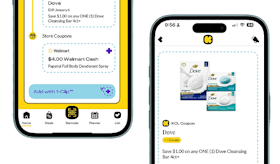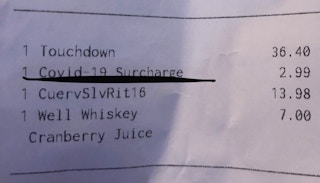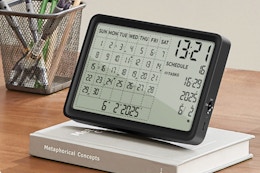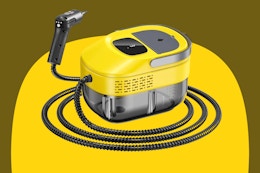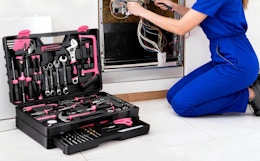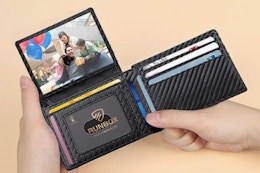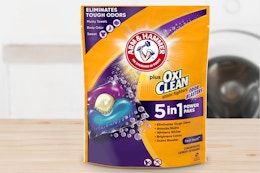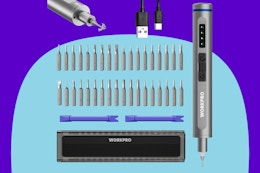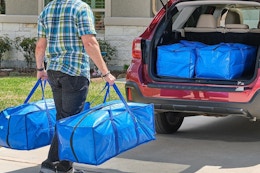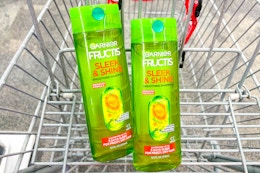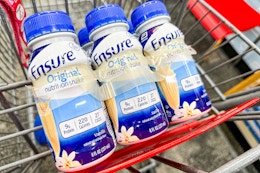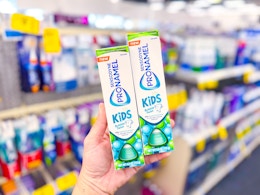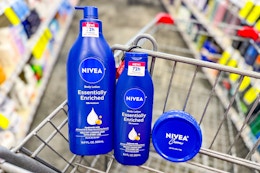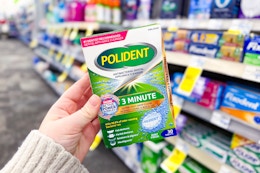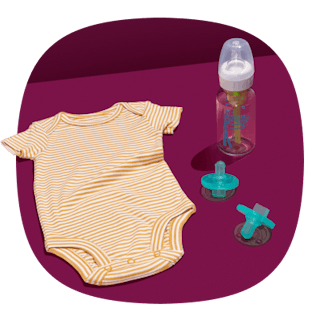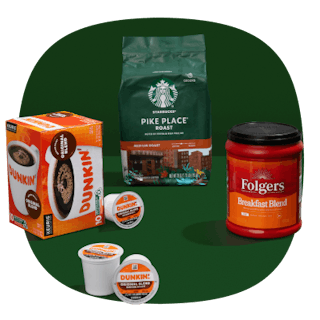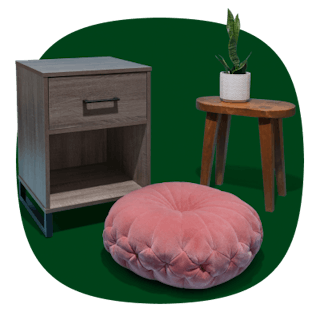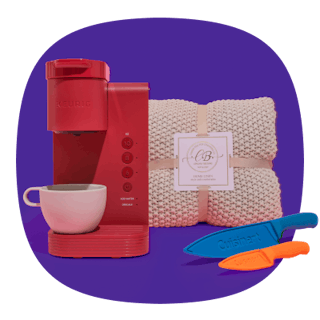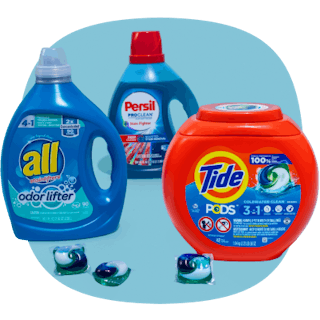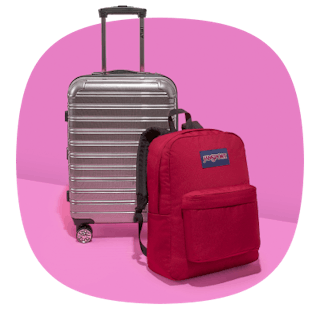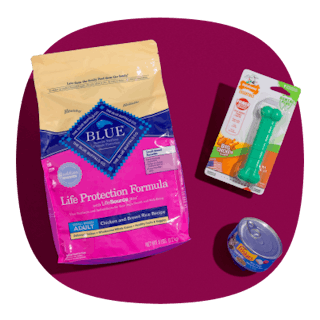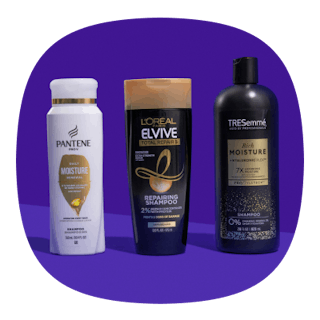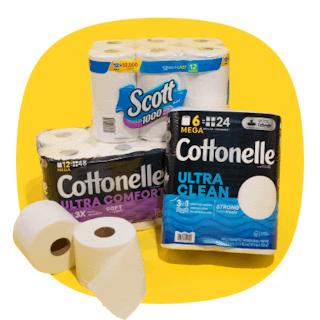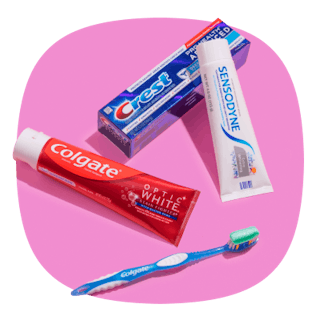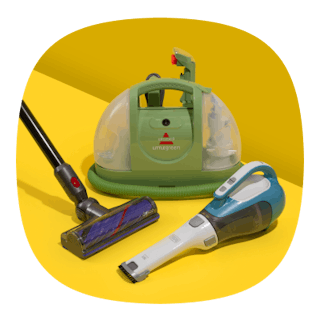The vast majority of retail and service-industry businesses took a big financial hit from the coronavirus pandemic.
Now, as big and small companies emerge from temporary shutdowns, they’re looking to make up for lost time — and lost revenues.
Over the last week or so, customers have been sharing on social media that a number of businesses — from restaurants to hairstylists to dentists — are adding a “COVID-19 surcharge” to their bills.
Who is adding coronavirus surcharges? How do you know if you’re being charged a COVID-19 surcharge? How much do coronavirus fees cost? Here’s what we know:
Las Vegas restaurants have started adding a 4% COVID-19 surcharge.
Casinos, hotels and restaurants have started reopening in Las Vegas, but customers have been greeted with a new addition to their receipts: a COVID-19 surcharge.
A recent post on Miles to Memories showed that a restaurant at Paris Las Vegas added 4% of a $118.60 bill — or, $4.74 — to the pre-sales-tax subtotal.
A note at the bottom of the receipt says the surcharge helps offset restrictions on their business resulting from the pandemic — and that customers may request to have the surcharge removed.
Some restaurants at Fashion Show Mall and Forum Shops also have the 4% surcharge.
A growing number of local restaurants are adding surcharges, too.

Via Twitter
From Chula Vista, CA to West Plains, MO, to Michigan to New England to New York to Georgia and South Florida, many local restaurants and billiards have opted to add surcharges to customers’ bills to make up for the financial strain posed by COVID-19 and new cleanliness/social distancing measures.
The surcharges range from 2% to a whopping 17%.
Pay attention to your receipts; sometimes the charges aren’t totally obvious.

Via Twitter
Some restaurants have a line item that says “tax,” but if the amount doesn’t look right or your state doesn’t charge tax on food, it’s likely a surcharge.
One restaurant in Delray Beach, Florida, has been adding a 3% charge onto bills for “D-Operations” (or a COVID-19-related dine-in fee).
Always ask an employee if you’re unsure of a charge. And again, in many cases, the businesses will remove the fee.
Hair salons have added a COVID-19-related sanitation fee.

Independently owned hair salons have had to purchase more sanitation supplies and implement new social distancing and coronavirus preventative measures, and many are passing the costs along to customers.
MarketWatch reported that Urban Halo Salon in Arlington, VA is charging a $5 sanitation fee. Denver-based salon Goldie X Bob is adding a $3 PPE surcharge on bills. Upper Hand Salon in Houston is tacking on $3.
FedEx is implementing a number of COVID-19 demand surcharges.

During the peak demand season of November/December, FedEx adds some surcharges to pay for additional operations. It’s nowhere near Christmas, but the surcharges are back, as of June 8 for an undetermined amount of time.
It’s not called a COVID-19 surcharge, but the recent surging demand for residential deliveries and an increased number of oversized packages have increased FedEx’s operating costs.
SmartPost packages will cost an extra $0.40/package, domestic FedEx Express and FedEx Ground packages will see an extra $0.30 each, and oversize packages will be an extra $30 a package.
UPS is adding peak surcharges to high-volume customers.

Amazon, Best Buy, Target, and any other customers who ship more than 25,000 packages a week will experience a $0.30/package surcharge.
Customers who ship more than 500 oversized packages a week will be charged $31.45 per oversized package — which is defined here.
The COVID-19 surcharges are totally legal.

Via Fox 17
As long as the surcharges are properly disclosed, and that they don’t drastically change the price of goods and services, they’re totally legal, attorneys say.
Businesses have defended the surcharges by saying they’re avoiding price hikes, instead trying to communicate that the new fees are temporary, as they navigate COVID-19.
UP NEXT: You’re Not Crazy: Groceries ARE Getting More Expensive
Download the KCL app to add and redeem coupons in store
